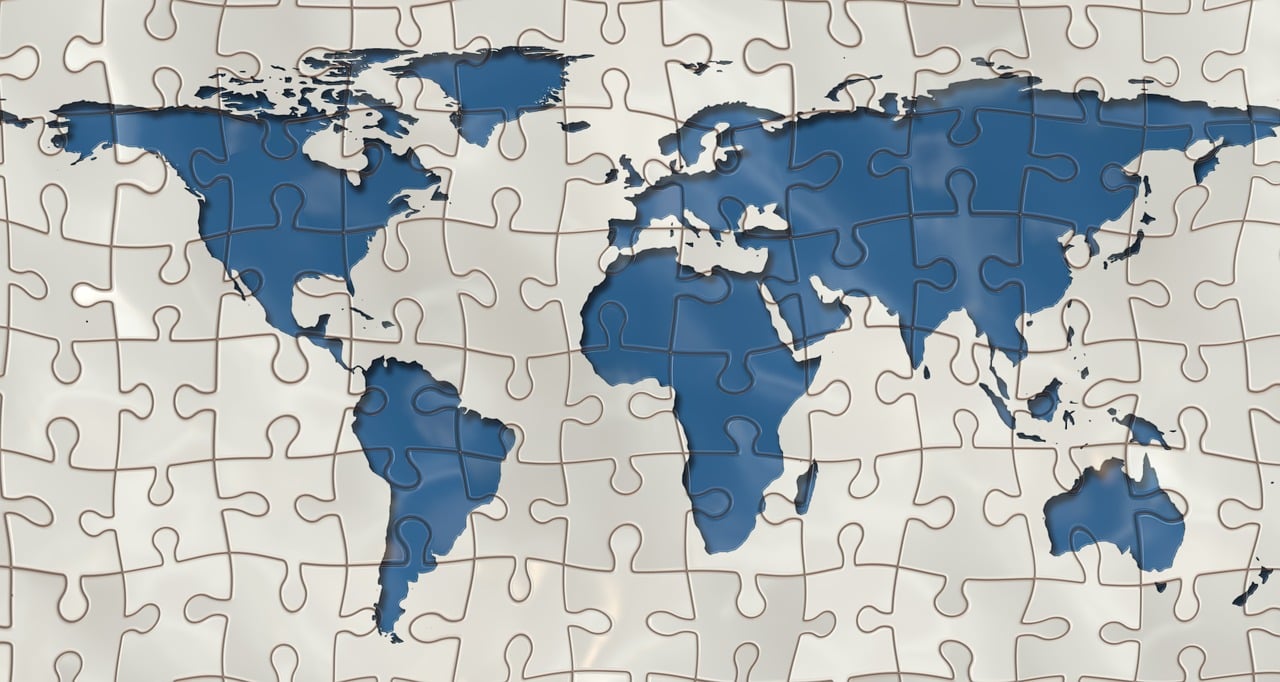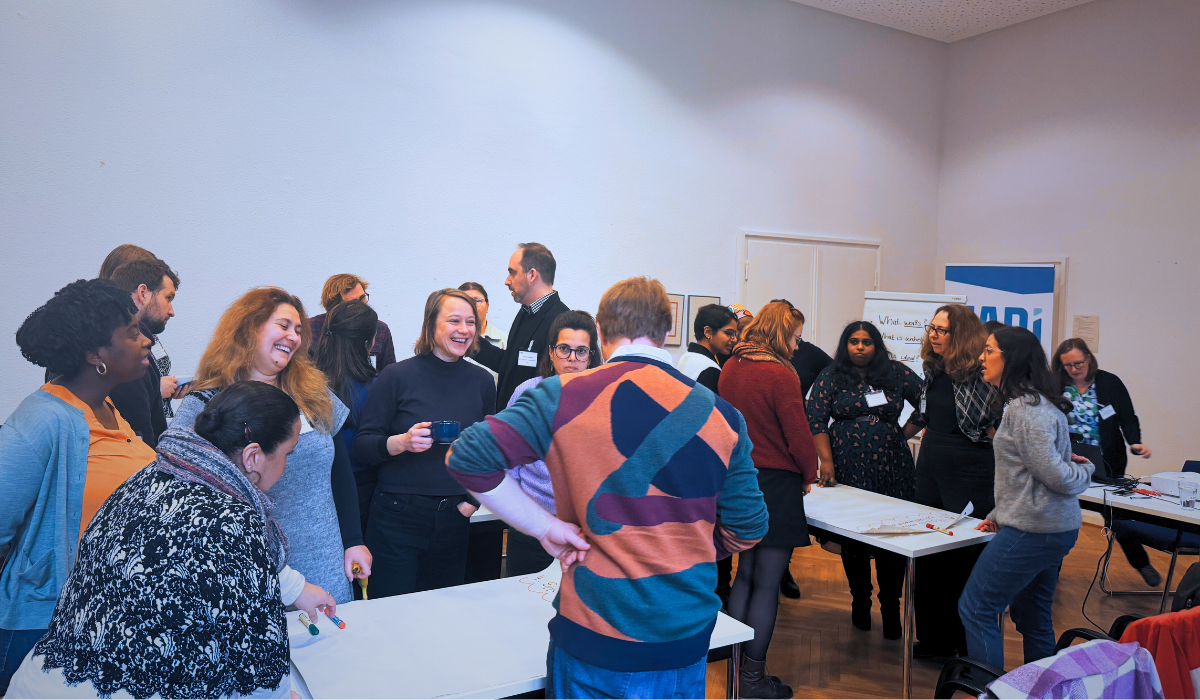By Pauline Veron and Andrew Sherriff / Part of the European Development Policy Outlook Series
The idea that the normative foundations of European development policy would be somewhat immune from geopolitics and national political shifts was always wishful thinking. As policy priorities are being rethought and rewritten, a more openly transactional and self-interested approach to foreign policy and economic relations is gaining momentum. Development policy (and ODA spending) in Europe is increasingly being presented as part of a wider approach to international cooperation rather than something distinct.
Continue reading “From Development Policy to International Cooperation? Europe’s Evolving Agenda in a Geopolitical Era”


